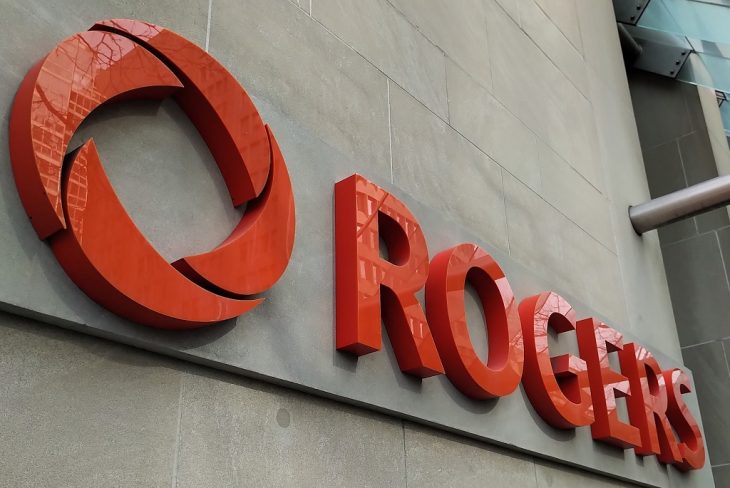
By Ahmad Hathout
OTTAWA – Rogers on Wednesday filed a challenge in the Federal Court of Appeal against the CRTC’s decision to select Quebecor’s rate for access to the cable company’s wireless infrastructure to build out its mobile virtual network operator business.
Rogers is alleging that the reasoning provided by the CRTC for selecting Quebecor’s rate in July deviates from legal precedent and runs counter to the “just and reasonable” provision under the Telecommunications Act.
Specifically, Rogers is alleging the regulator made errors in its determination that the rate it selected didn’t need to provide Rogers with an immediate-term return on investment and that it was okay that the cable company suffered a “modest or temporary loss” in its wireless segment because its other lines of business are profitable.
“If the decision is allowed to stand, [it] turns the rate-setting process into a purely policy-driven exercise, effectively insulating the Commission from any appellate review under the Telecommunications Act,” Rogers said in its application.
The CRTC had said in its decision that Rogers’s ability to recover its operating and capital costs was “too narrow” a view, and that the commission had the authority to “take a more holistic approach to rate setting than proposed” by Rogers.
“This means that the Commission does not necessarily have to ensure that costs are recouped over the short term for a rate to be considered just and reasonable under the Act,” the CRTC said in its decision.
The company also alleges the CRTC did not provide full transparency for how it came to adjust the rate or how Quebecor did its rate analysis – the implication being it is being robbed of identifying any methodological errors.
Rogers said requests to get those reasons were denied by the commission as recently as Monday, with the primary reason allegedly being the commission’s concern with a delay in the proceeding.
“The Commission relied heavily on undisclosed ‘adjustments’ that it says it made to the cost inputs used by Rogers’ expert in calculating Rogers’ proposed rate,” Rogers said in the filing.
“The Arbitration Decision does not state what adjustments were made, the basis on which they were made, or the final rate that was generated after the adjustments were applied,” Rogers added. “Nor did the Commission provide Rogers with notice that it intended to apply any adjustments to its rate analysis.”
Rogers also alleges that the CRTC refused to grant its request to produce a relevant confidential document Quebecor filed with the Competition Tribunal, which was examining the sale of Freedom Mobile to Quebecor that led to Rogers acquiring Shaw.
Thus, Rogers argues that it wasn’t given the ability to “meaningfully participate in the decision-making process” – that is, the ability to review the CRTC’s adjustments and make submissions on that.
“Each of these denials of procedural fairness and natural justice seriously undermined Rogers’ participatory rights before the Commission and resulted in an Arbitration Decision based on an incomplete and deficient record,” Rogers said.
Rogers and Quebecor initially agreed to rates on voice and text, but didn’t reach an agreement on the cost for wholesale data. The CRTC, which granted a final offer arbitration hearing in May, determined that Quebecor’s rate would allow it to offer more data and therefore more plans to better compete in new markets.
Rogers CEO Tony Staffieri said on the company’s most recent quarterly earnings conference call that the company was considering filing an appeal against the decision.
Meanwhile, Quebecor’s CEO Pierre Karl Peladeau celebrated the decision and specifically the commission for moving rapidly on what it suggested were competition-enhancing decisions.
The CRTC had an expectation that national providers would hammer out commercial agreements on regional provider access to their wireless networks by August 7, but that was not a hard deadline.



